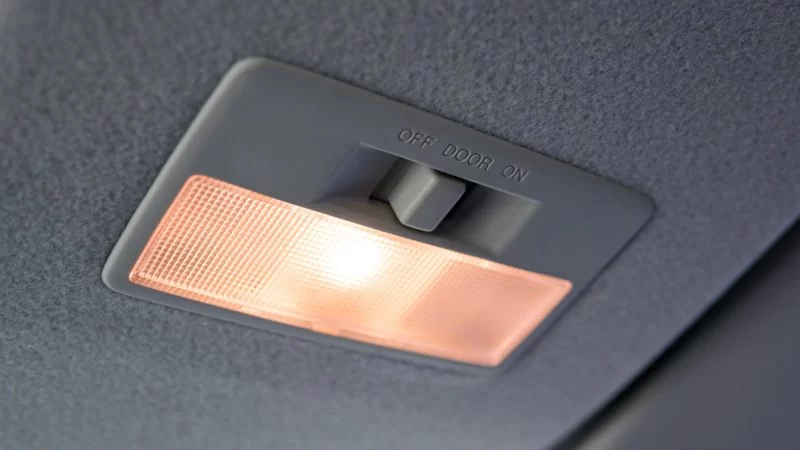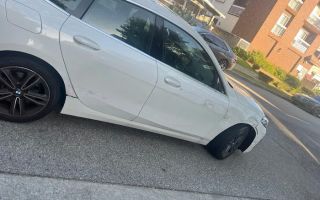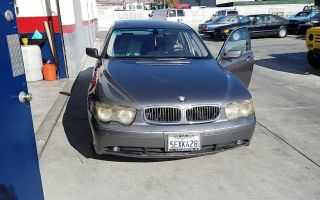- why-replacing-reading-lights-matters - Why Replacing Reading Lights Matters
- understanding-your-cars-interior-lighting-system - Understanding Your Car's Interior Lighting System
- tools-and-parts-youll-need-for-replacement - Tools and Parts You’ll Need for Replacement
- step-by-step-guide-to-replacing-interior-reading-lights - Step-by-Step Guide to Replacing Interior Reading Lights
- common-issues-and-how-to-avoid-them - Common Issues and How to Avoid Them
- real-owner-stories-and-tips-from-the-road - Real Owner Stories and Tips from the Road
- when-to-seek-professional-help - When to Seek Professional Help
1. Why Replacing Reading Lights Matters
Interior reading lights may seem like a minor detail, but they play a significant role in driving comfort and visibility. Whether you're searching for dropped items, reading a map, or checking your phone during a rest stop, functional lighting is essential. If your lights are dimming, flickering, or simply out, it's time to make a change.
Upgrading to modern LED reading lights can also enhance your car's interior aesthetics and reduce battery drain. This small improvement can make nighttime drives noticeably more enjoyable.

Pick Your Part - Help Yourself
1232 Blinn Ave, Wilmington, CA 90744, USA
2. Understanding Your Car's Interior Lighting System
2.1 Types of Interior Lights
Most cars feature dome lights, map lights, and footwell lights. Reading lights are usually positioned near the front seats and rear passenger areas. These fixtures are often small but crucial for practical nighttime use.

Pick Your Part - Greer
13054 E Wade Hampton Blvd, Greer, SC 29651, USA
2.2 Bulb Types and Compatibility
Interior lights may use halogen, incandescent, or LED bulbs. Before replacing anything, check your car manual for the correct bulb type—commonly T10, DE3175, or festoon-style bulbs. Compatibility ensures the new lights will work efficiently without causing circuit issues.
3. Tools and Parts You’ll Need for Replacement
3.1 Basic Tools Checklist
Replacing your car's interior reading lights is usually a DIY-friendly job. Here’s what you’ll need:
- Flathead screwdriver or plastic trim tool
- New compatible bulbs (preferably LED)
- Gloves to avoid getting oil on the bulbs
- Owner’s manual for bulb specs and diagrams
3.2 Where to Get Quality Replacement Bulbs
You can find reliable, vehicle-specific replacement lights and tools at trusted providers. For tailored recommendations on quality parts and tools, visit Rescue & Towing, where products are curated for safety, durability, and ease of use.
4. Step-by-Step Guide to Replacing Interior Reading Lights
4.1 Removing the Light Cover
Start by turning off your vehicle and ensuring the lights have cooled down. Use a trim tool or flathead screwdriver to gently pry off the light cover. Be careful not to crack the plastic or damage nearby surfaces.
4.2 Swapping the Bulb
Once the cover is off, carefully pull the old bulb out. Use gloves or a cloth to handle the new bulb—especially halogens—as oils from your fingers can cause premature failure. Insert the new bulb and ensure it fits snugly into the socket.
4.3 Testing and Reassembling
Before snapping the cover back into place, turn on the lights to test functionality. If everything works as expected, secure the cover and admire your brighter, more energy-efficient lighting upgrade.
5. Common Issues and How to Avoid Them
5.1 Bulb Not Lighting Up
If the new bulb doesn’t work, check orientation (especially for LED bulbs), ensure it’s seated correctly, and inspect for blown fuses. Avoid forcing the bulb into the socket, as this can damage electrical contacts.
5.2 Flickering or Dim Light
Flickering could indicate loose wiring or poor contact points. Cleaning the socket with a soft brush or compressed air before installation can prevent these issues.
6. Real Owner Stories and Tips from the Road
6.1 Mike’s DIY LED Upgrade
Mike, a long-haul driver, shared how swapping to LEDs during a pit stop gave his 2012 Camry a modern feel. “The difference in brightness was incredible,” he said. “And I haven’t replaced a bulb since.”
6.2 Sarah’s Mistake to Learn From
Sarah accidentally cracked her dome light cover using a metal screwdriver. Her advice? “Use a plastic trim tool and be patient. I wish I’d watched a video first.” Mistakes like this are easy to avoid with the right prep and guidance.
7. When to Seek Professional Help
7.1 Complex Electrical Setups
If your interior lights are part of a larger, interconnected system with ambient lighting or touch controls, it's best to consult a professional. Some modern vehicles require software resets or diagnostic tools post-replacement.
7.2 Safety First
Working with your car's electrical system, even on a small scale, involves risk. If you're unsure or uncomfortable handling vehicle components, turn to certified services recommended by Rescue & Towing for expert installation and diagnosis.





























